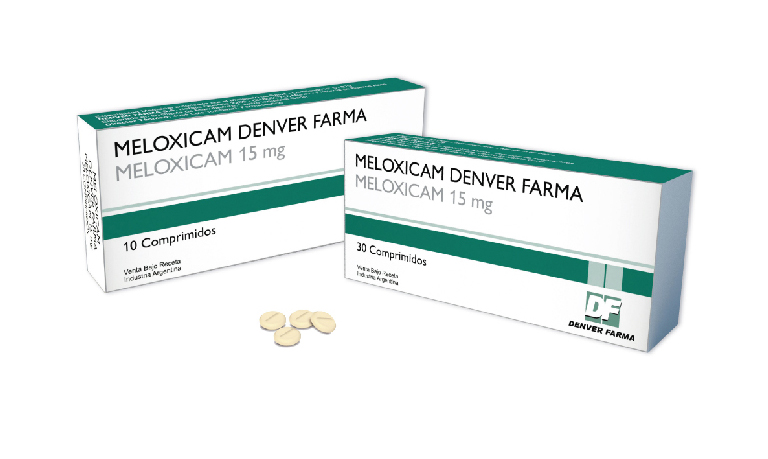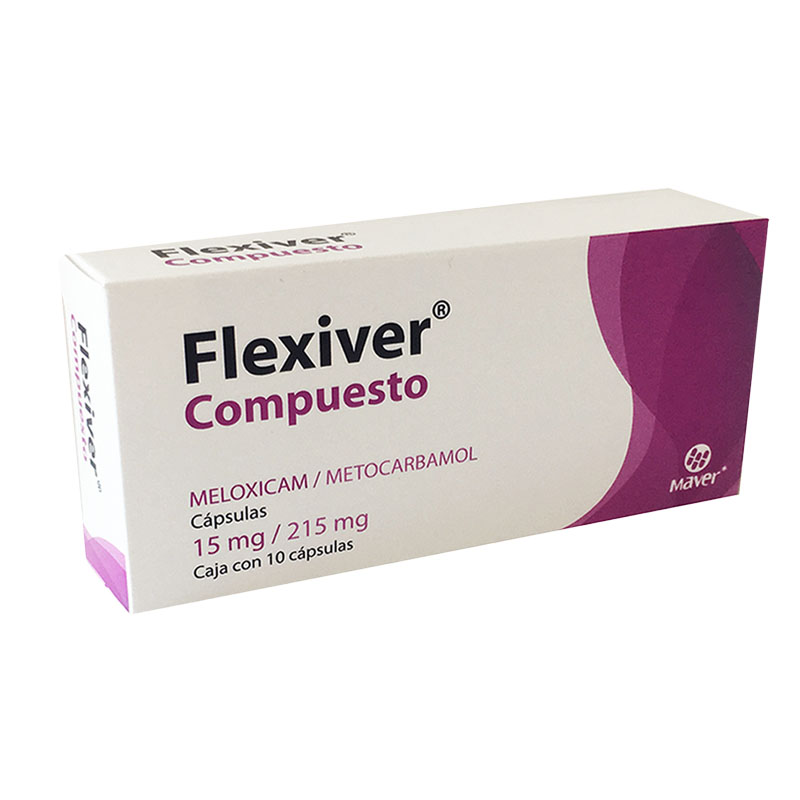Description
Meloxicam: Understanding This Common Pain Reliever
Meloxicam is a generic nonsteroidal anti-inflammatory drug (NSAID) widely prescribed to relieve pain and inflammation. It’s a common choice for managing conditions like arthritis, osteoarthritis, and rheumatoid arthritis, offering relief from stiffness, swelling, and discomfort. While effective, it’s important to understand how meloxicam works, its potential benefits, and possible side effects before starting treatment.
How Meloxicam Works:
Meloxicam belongs to the oxicam class of NSAIDs. Its primary mechanism of action involves inhibiting cyclooxygenase (COX) enzymes, specifically COX-1 and COX-2. These enzymes play a crucial role in the production of prostaglandins, hormone-like substances that contribute to inflammation, pain, and fever. By blocking COX enzymes, meloxicam reduces the production of prostaglandins, ultimately alleviating symptoms.
While meloxicam inhibits both COX-1 and COX-2, it’s often described as being more selective for COX-2. This selectivity is believed to potentially reduce the risk of certain gastrointestinal side effects commonly associated with non-selective NSAIDs.
Common Uses of Meloxicam:
Meloxicam is primarily prescribed for:
- Osteoarthritis: To relieve pain, stiffness, and inflammation caused by the breakdown of cartilage in joints.
- Rheumatoid Arthritis: To manage the inflammation and pain associated with this autoimmune disease that affects the joints.
- Juvenile Rheumatoid Arthritis: Used in some cases to manage pain and inflammation in children with this condition.
- Other Inflammatory Conditions: In some situations, doctors may prescribe meloxicam for other conditions causing inflammation and pain, such as ankylosing spondylitis.
Dosage and Administration:
Meloxicam is available in oral forms, including tablets and liquid suspension. The dosage and frequency of administration are determined by a healthcare professional based on individual factors such as the condition being treated, its severity, and the patient’s overall health. It is crucial to follow the prescribed dosage instructions carefully.
Potential Benefits of Meloxicam:
- Pain Relief: Effectively reduces pain associated with inflammation and arthritis.
- Reduced Inflammation: Helps to decrease swelling and inflammation in affected joints or areas.
- Improved Mobility: By reducing pain and inflammation, meloxicam can improve joint mobility and function.
- Once-Daily Dosing: Often administered once daily, which can improve compliance and convenience.
Potential Side Effects and Risks:
Like all medications, meloxicam can cause side effects. While not everyone experiences them, it’s crucial to be aware of the possibilities.
- Gastrointestinal Issues: Common side effects include nausea, indigestion, heartburn, diarrhea, and constipation. In rare cases, more serious gastrointestinal problems such as ulcers or bleeding can occur.
- Cardiovascular Risks: NSAIDs, including meloxicam, may increase the risk of serious cardiovascular events, such as heart attack or stroke, especially with long-term use.
- Kidney Problems: Meloxicam can affect kidney function, especially in individuals with pre-existing kidney problems or those taking certain other medications.
- Allergic Reactions: Some individuals may experience allergic reactions, ranging from mild skin rashes to severe anaphylaxis.
- Other Side Effects: Other reported side effects include headache, dizziness, and fluid retention.
Precautions and Warnings:
- Inform Your Doctor: Before taking meloxicam, inform your doctor about all medical conditions, medications (including over-the-counter), and allergies.
- Gastrointestinal History: Individuals with a history of ulcers, bleeding, or other gastrointestinal problems should exercise caution when using meloxicam.
- Cardiovascular Health: Those with a history of heart disease, stroke, or high blood pressure should discuss the risks and benefits with their doctor.
- Kidney Function: People with kidney problems should be monitored closely while taking meloxicam.
- Pregnancy and Breastfeeding: Meloxicam is not recommended during pregnancy, especially in the third trimester, and should be used with caution during breastfeeding.
- Elderly Individuals: Older adults may be more susceptible to the side effects of meloxicam.
- Drug Interactions: Meloxicam can interact with several medications, including blood thinners, aspirin, and certain antidepressants.
Conclusion:
Meloxicam can be an effective medication for managing pain and inflammation associated with various conditions, particularly arthritis. However, it’s essential to weigh the benefits against the potential risks and side effects. Open and honest communication with your healthcare provider is crucial to determine if meloxicam is the right choice for you and to ensure its safe and effective use. Always follow your doctor’s instructions and report any unusual symptoms or concerns promptly. This article should not be used as a substitute for professional medical advice.













Reviews
There are no reviews yet.